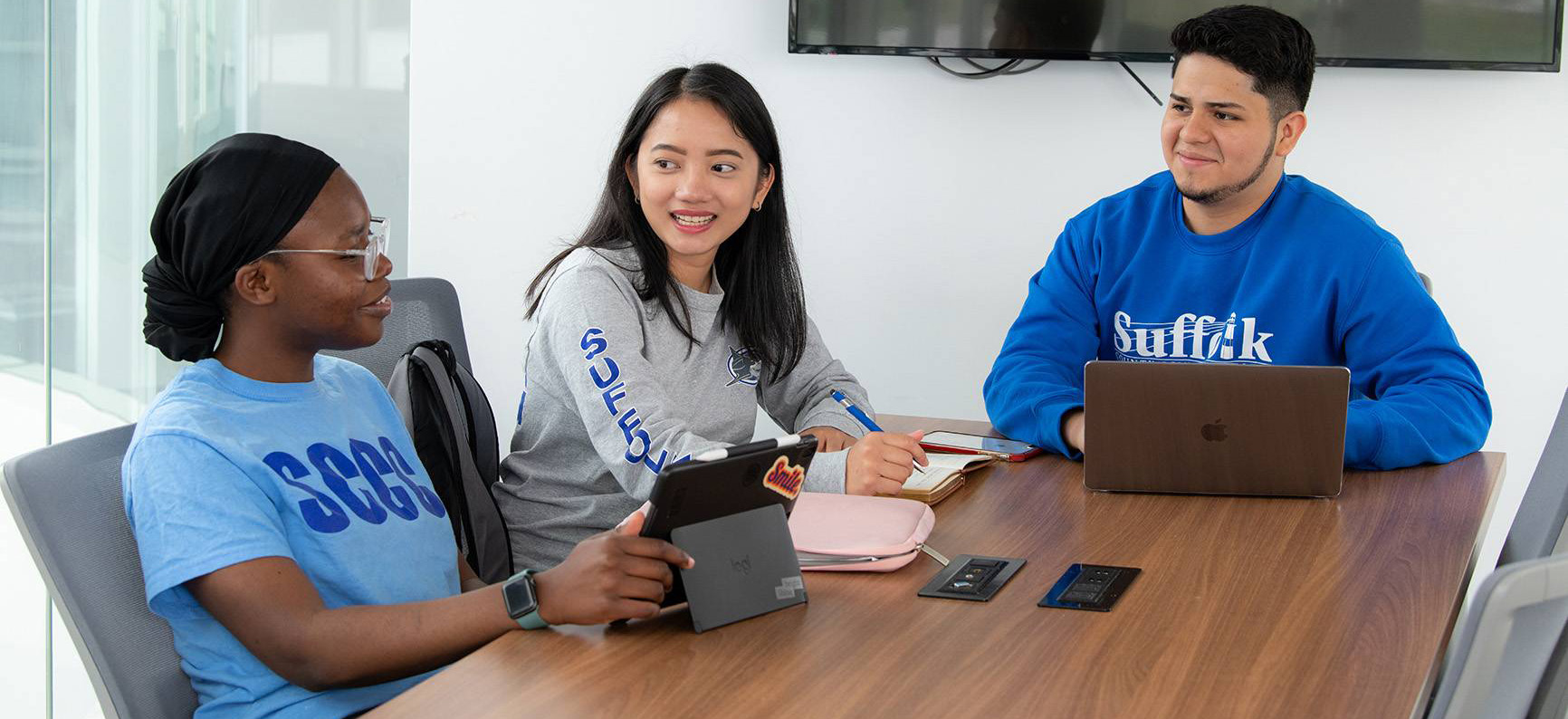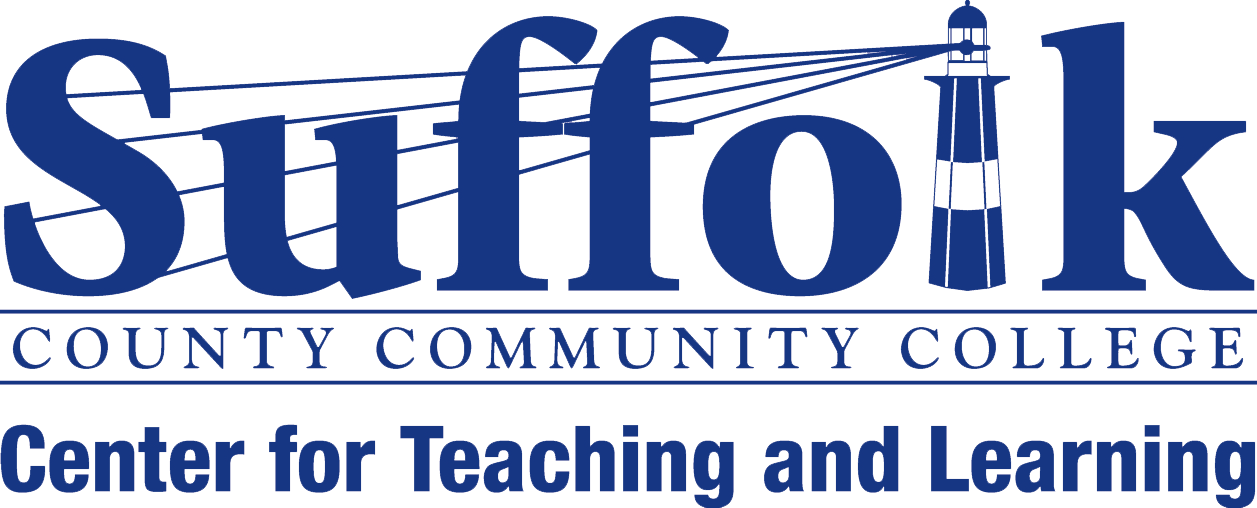Artificial Intelligence (AI)

Suffolk County Community College fosters the use of pioneering technology, such as
generative Artificial Intelligence (AI), for improving the student learning experience,
facilitating creative and collaborative work, and adhering to academic integrity,
transparency, and rigor.
The Center for Teaching and Learning provides resources on this page for classroom
faculty who are interested in discussing how generative AI will impact the teaching
and learning experience now and in the future.
Sample Syllabus Statements for Use of AI
Both faculty and students are actively exploring the uses and capabilities of generative
AI tools. The integration of those tools into classroom settings is evolving rapidly.
Recognizing that each class may have unique requirements, it is imperative for instructors
to clearly communicate expectations to students regarding the use and misuse of generative
AI tools and to do so explicitly in their syllabi (course outlines) and assignment
instructions, ensuring alignment with course objectives and values (OpenAI, 2024).
The Center for Teaching and Learning has identified three sample statements for course
outlines using three approaches: (1) allowing students to use generative AI tools;
(2) allowing students to use generative AI based on specific circumstances; and (3)
not allowing students to use generative AI tools. Faculty may choose to use this language
in their syllabi (course outlines).
Please read and download the Sample Syllabus Statements for Generative AI Usage 2024.
Reference
OpenAI. (2024). ChatGPT (Feb 12 version 3.5) [Large language model].
https://chat.openai.com/chat
AI Workshop Recordings
Enhancing Research and Historical Studies with Artificial Intelligence Over the past several semesters, Fabio Montella, Associate Professor of Library Services
and Adjunct Associate Professor of History, had given students in his history courses
a 7-step research paper assignment designed to eliminate academic dishonestly while promoting strong research skills. Though this process
produced positive results, he quickly realized that it had become “tainted” by the
emergence of Artificial Intelligence. To address this concern, Fabio revamped the
assignment to make AI a central component of the process. The initial results have shown great success and promise for future growth. In this presentation, he shared his pre-AI and post-AI approaches while examining
both.
AI in Digital Arts focused on what SCCC faculty members are doing to incorporate AI as a tool in digital
media creation. Ralph Masullo, MFA, Assistant Chair of Communication and Visual Arts/
Assistant Professor of Photography at the Eastern Campus, together with faculty from
the other campuses, discussed best practices and ethical applications of the technology.


